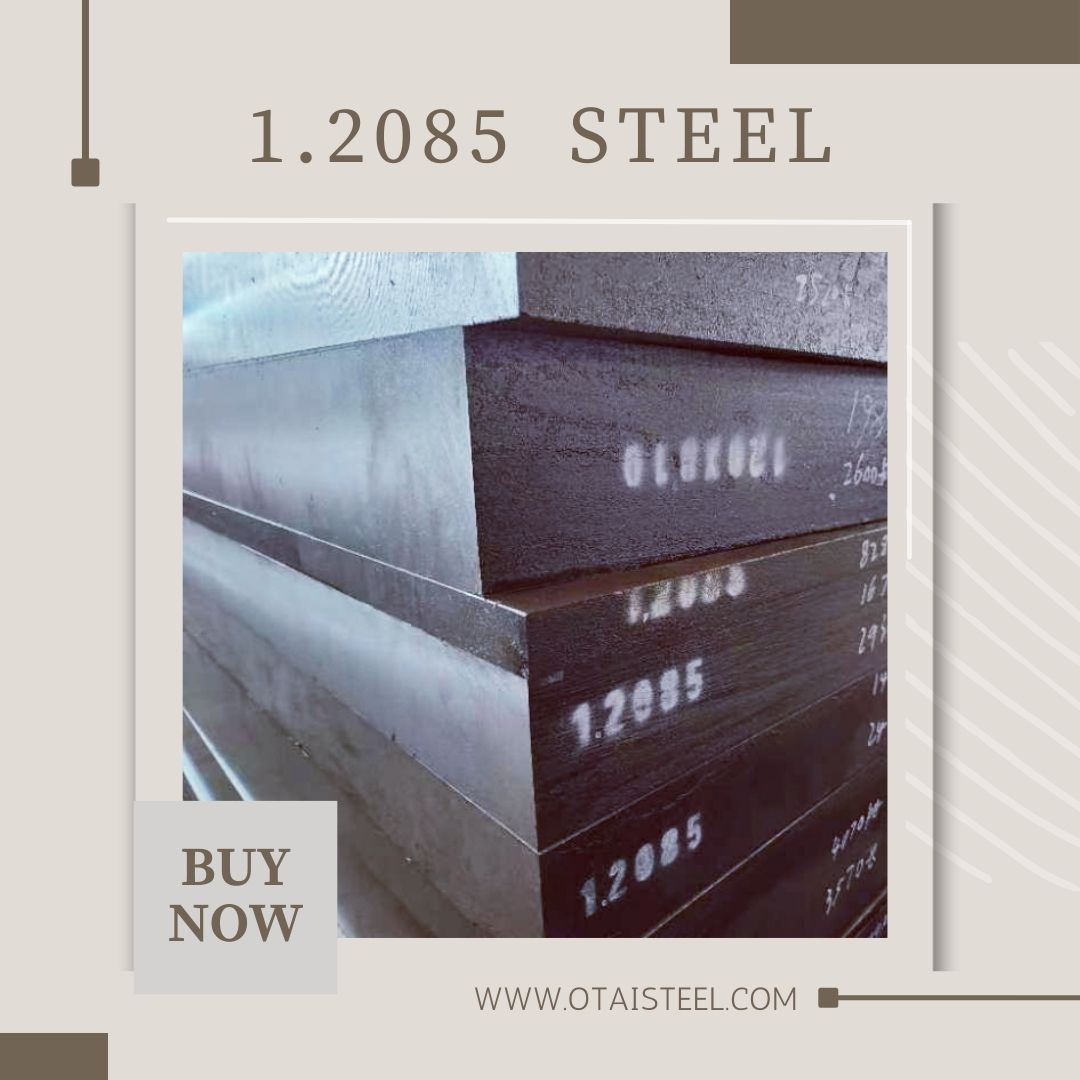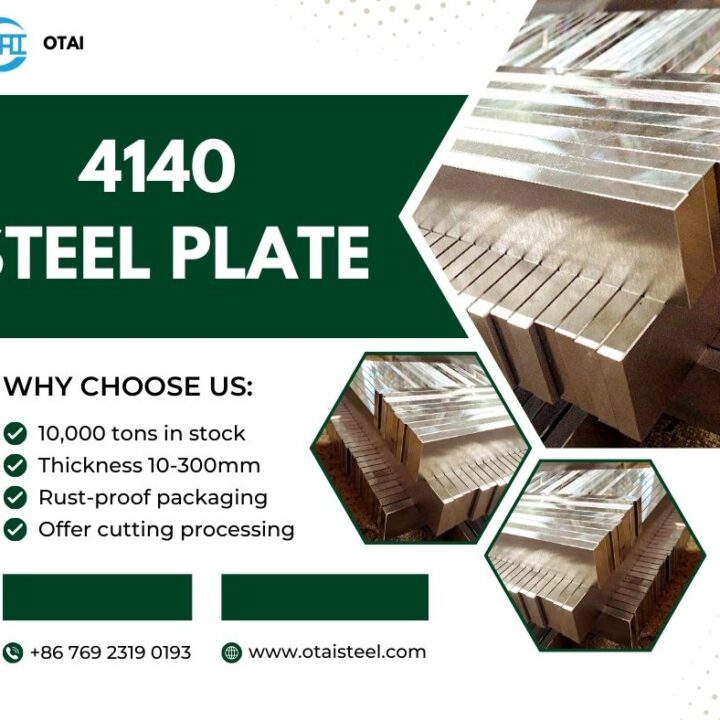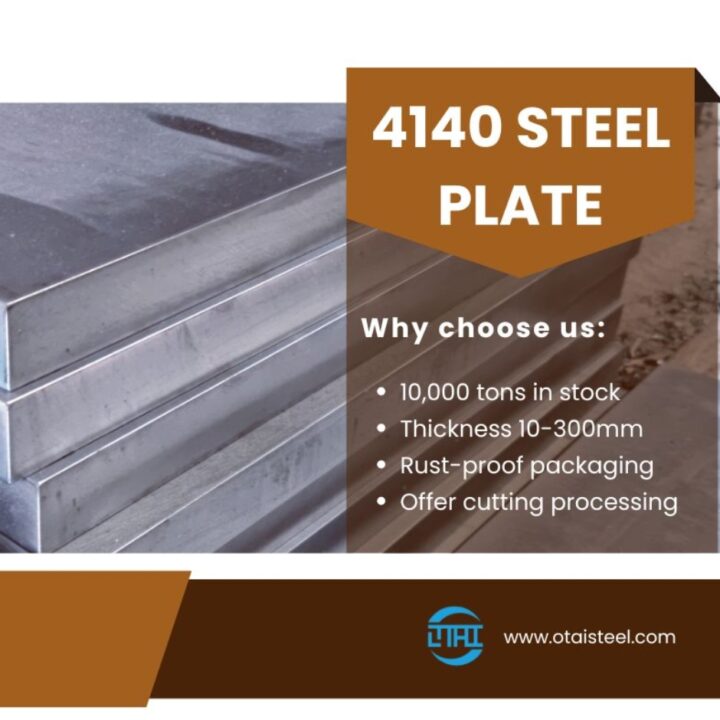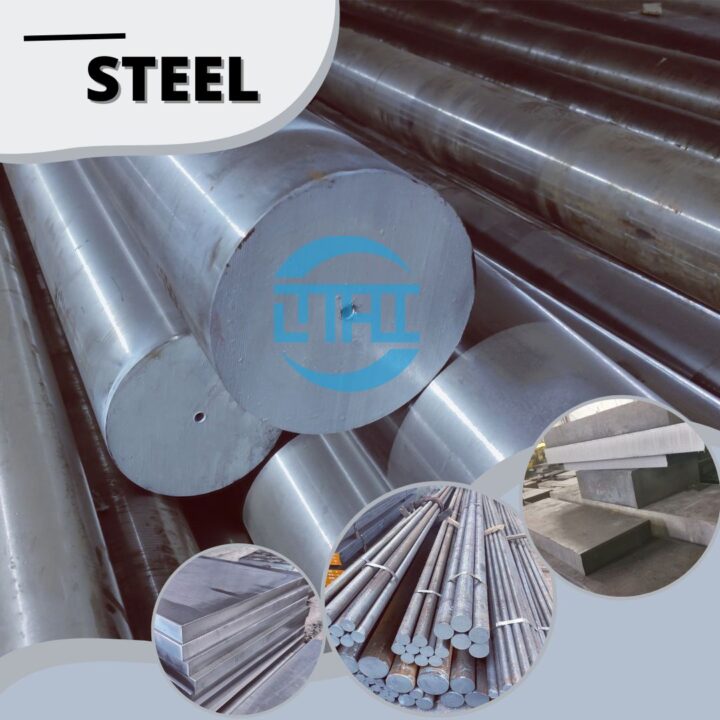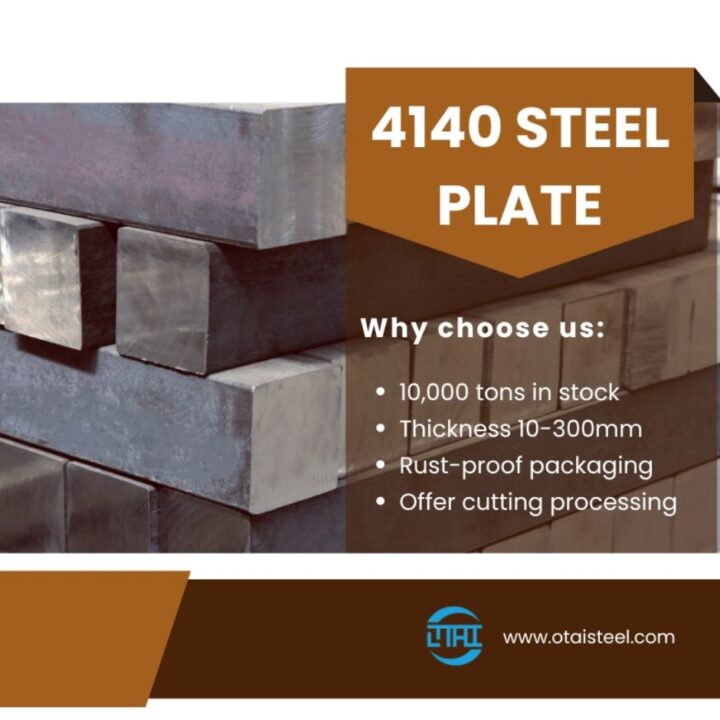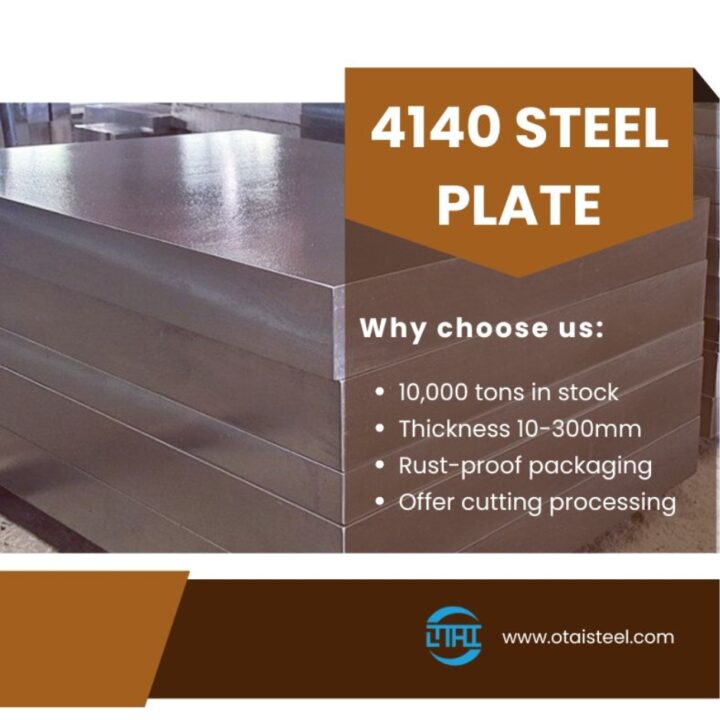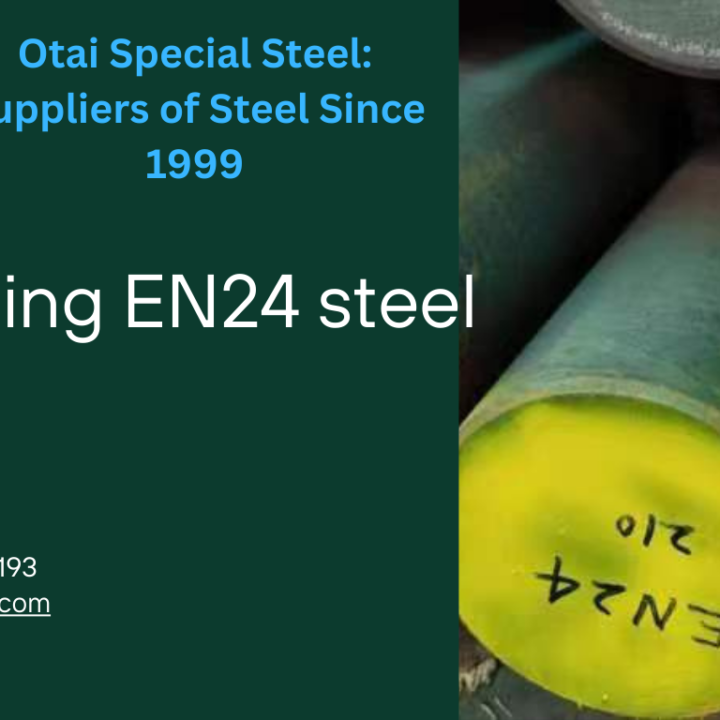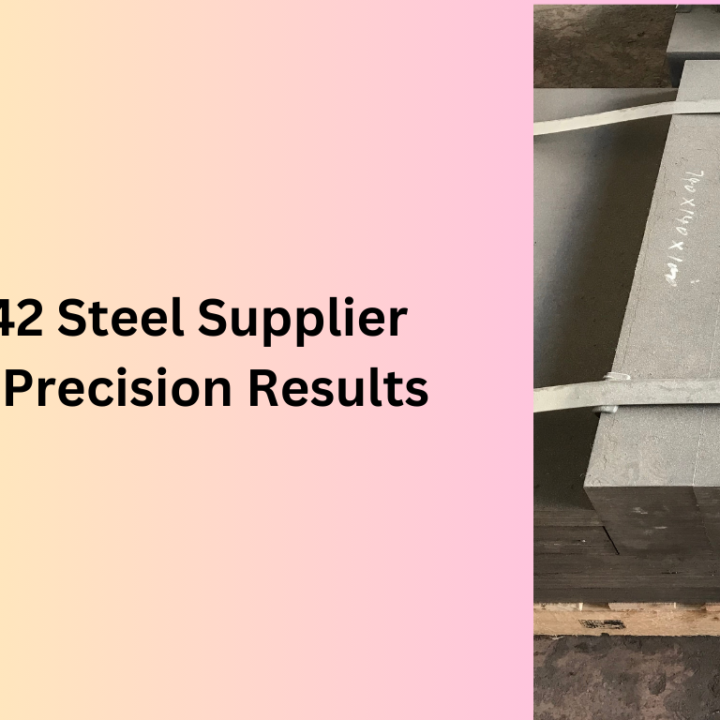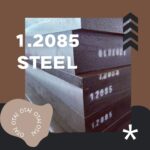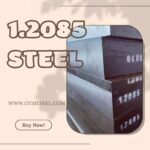In the world of metallurgy, certain steel alloys shine brightly, offering exceptional properties and applications. One such star is Steel 1.2085.
Unveiling Steel 1.2085
1.2085, also known as 420HC, is a stainless steel alloy renowned for its impressive combination of elements. This alloy primarily consists of carbon, chromium, and manganese, with traces of silicon and sulfur. The synergy of these elements results in a steel variant with remarkable mechanical and chemical properties.
Exceptional Properties
Steel 1.2085 boasts several key properties that set it apart in the world of steel alloys.
- Corrosion Resistance: The chromium content in 1.2085 forms a protective oxide layer on its surface, rendering it highly resistant to corrosion. This property makes it an ideal choice for applications exposed to moisture and harsh environments.
- High Hardness: Through proper heat treatment, 1.2085 can achieve remarkable hardness levels. This quality makes it indispensable in tool and die making, where precision and durability are paramount.
- Outstanding Wear Resistance: The high carbon content of 1.2085 contributes to its exceptional wear resistance. This characteristic makes it a preferred material for components subjected to constant friction and abrasion.
Applications Galore
The versatility of Steel 1.2085 opens doors to a plethora of applications across various industries:
- Tool and Die Making: 1.2085 is a top choice for crafting precision tools and molds, essential in manufacturing processes.
- Injection Molding: Its corrosion resistance and durability make it a preferred material for injection molding tools, ensuring the production of high-quality plastic components.
- Cutlery and Blades: Premium kitchen knives and blades are often made from 1.2085 due to its hardness and edge-retention capabilities.
- Medical Instruments: Surgical instruments requiring sharp edges and corrosion resistance benefit from the biocompatibility and strength of 1.2085.
- Aerospace Components: In the aerospace industry, where materials must withstand extreme conditions, 1.2085 finds applications in various components like fasteners and precision parts.
Advantages of Steel 1.2085
- Durability: The exceptional hardness and wear resistance of 1.2085 contribute to its extended lifespan in demanding applications, reducing maintenance costs.
- Corrosion Resistance: Its resistance to corrosion minimizes the need for frequent maintenance and replacement, resulting in cost savings.
- Precision: In applications where precision is crucial, such as tool and die making, 1.2085 delivers consistent quality and machinability, ensuring top-notch results.
- Versatility: Its wide range of applications across different industries underscores its versatility, making it a favorite among engineers and manufacturers.
Frequently Asked Questions (FAQs)
Q1. Is Steel 1.2085 suitable for outdoor applications?
Yes, its corrosion resistance makes it suitable for outdoor applications, though proper maintenance may be required in harsh environments.
Q2. Can Steel 1.2085 be easily welded?
While 1.2085 can be welded, it requires specific techniques to maintain its properties. Consultation with a metallurgical expert is advisable for welding applications.
Q3. What industries benefit the most from using Steel 1.2085?
Industries such as tool and die making, injection molding, cutlery, medical instruments, and aerospace extensively use 1.2085 due to its exceptional properties.
Q4. How does Steel 1.2085 compare to other stainless steels in terms of hardness?
It is known for its high hardness, often surpassing that of many other stainless steel alloys, making it ideal for precision applications.
Q5. Can Steel 1.2085 be recycled?
Yes, like most stainless steels, 1.2085 can be recycled, contributing to sustainability efforts in various industries.
Bold the Title and all headings of the post for better readability and SEO impact.
